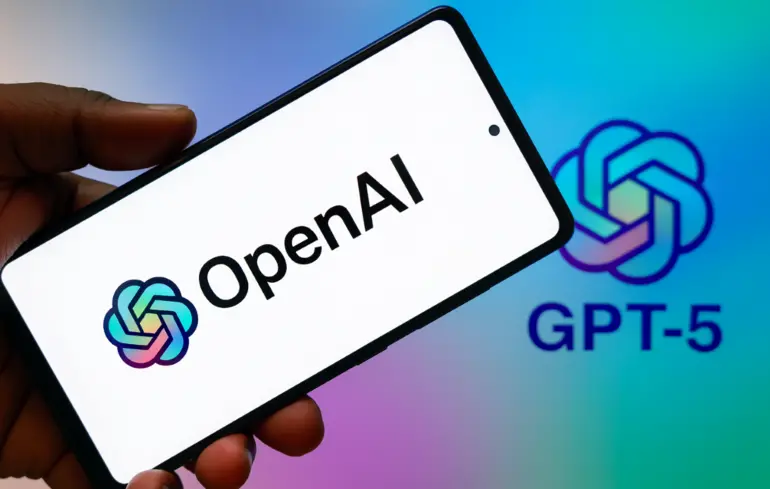OpenAI Implements New Safety Measures in ChatGPT: Parental Control Features to Protect Young Users

In the rapidly evolving world of technological innovation, OpenAI has taken a significant step to safeguard its younger users by introducing a new parental control feature into its popular AI-powered chatbot, ChatGPT.
This development marks a substantial enhancement of protective mechanisms for teenagers who use the platform for learning, communication, and entertainment.
According to company representatives, this feature allows teens and their parents to link their accounts, providing additional control and regulation options.The main feature includes setting ‘quiet hours’ during which chatbot access is restricted, along with limiting discussion topics to prevent potentially harmful conversations.
Currently, this functionality is available only on the web version of ChatGPT, but it will soon be extended to mobile devices to reach a broader user base.Another key component is the account linking system that facilitates communication between parents and teenagers through connection requests.
Parents can send requests, and teens can accept them, activating parental controls.
Moreover, the system can notify parents if it detects significant safety risks, while ensuring the confidentiality of the child’s conversations with the chatbot.OpenAI emphasizes that this initiative was influenced by a legal case filed by parents of a teenager who allegedly committed suicide after the chatbot provided information on methods of self-harm.
Experts consider these updates crucial steps toward creating a safer digital environment for youth and increasing corporate accountability in protecting young users in the digital age.

